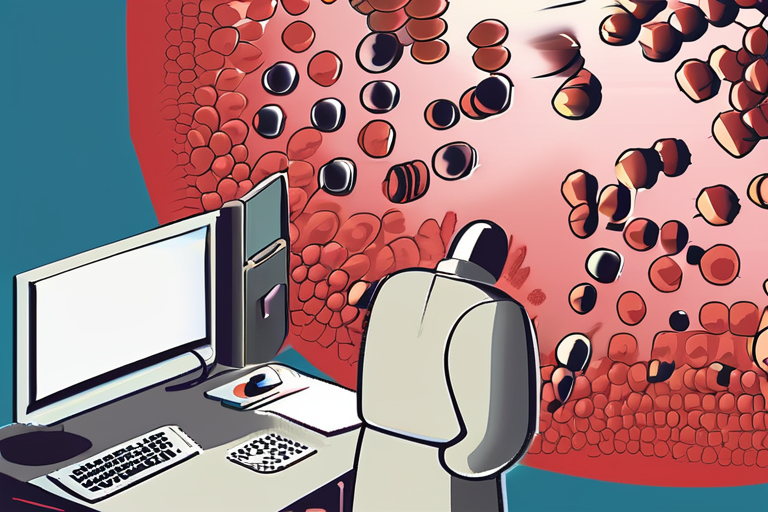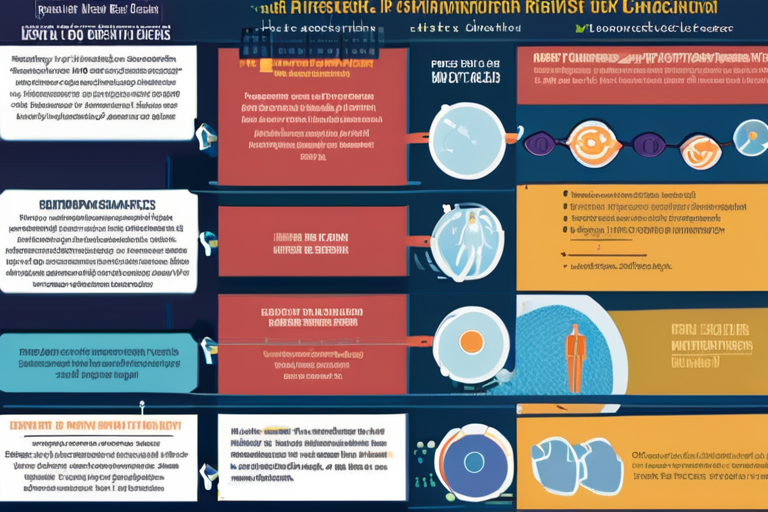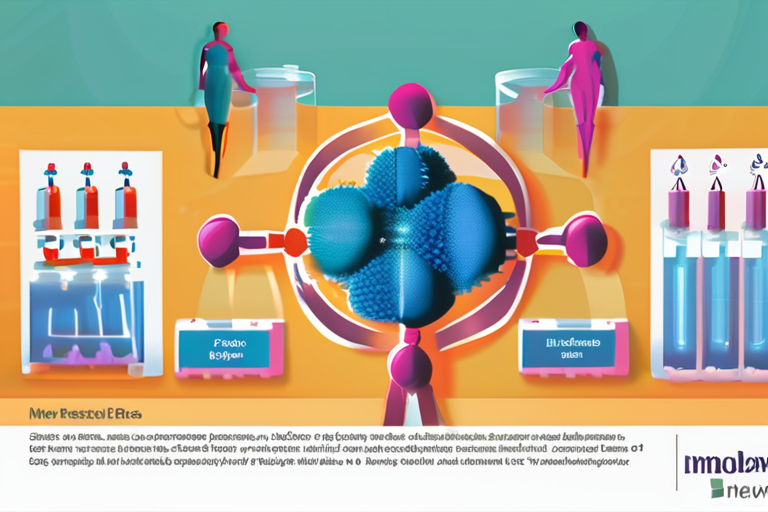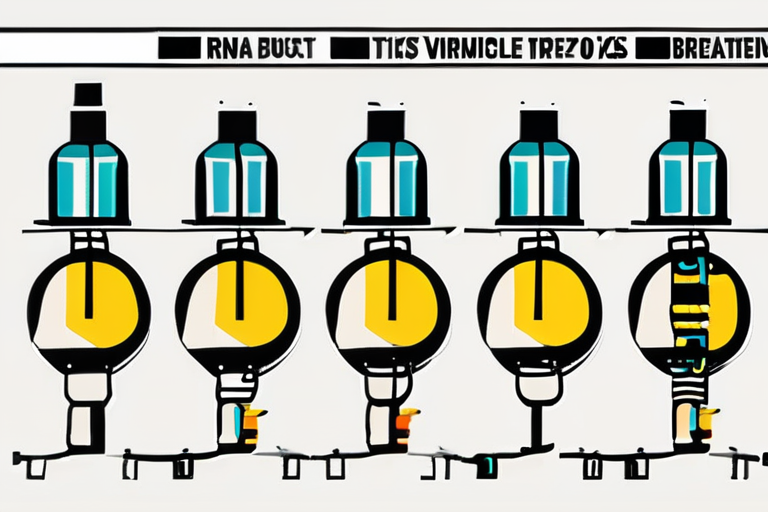"Vaccines Unleash Hidden Cancer-Fighting Power in Immune System"


Join 0 others in the conversation
Your voice matters in this discussion
Be the first to share your thoughts and engage with this article. Your perspective matters!
Discover articles from our community

 Hoppi
Hoppi

 Hoppi
Hoppi

 Hoppi
Hoppi

 Hoppi
Hoppi

 Hoppi
Hoppi

 Hoppi
Hoppi

BREAKING NEWS Cancer Patients Who Got COVID Vaccine Lived Much Longer, Groundbreaking Study Reveals A new study published by researchers …

Hoppi

Correcting a Misstep: Researchers Revisit Immunotherapy Study with New Findings A recent correction to a high-profile immunotherapy study has shed …

Hoppi

Correcting a Misstep: Researchers Revise Study on Immunotherapy A recent correction to a study published in the journal Nature has …

Hoppi

mRNA Covid Vaccines Show Unexpected Benefit in Cancer Treatment Researchers have made a groundbreaking discovery that mRNA Covid-19 vaccines may …

Hoppi

Breakthrough Discovery: Scientists Uncover "Switch" to Activate Immune System Against Cancer A team of researchers at Johns Hopkins All Children's …

Hoppi

BREAKING NEWS Next-Generation mRNA Vaccines Show Promising Results: Up to 28 Times Stronger Immune Response Researchers at the University of …

Hoppi